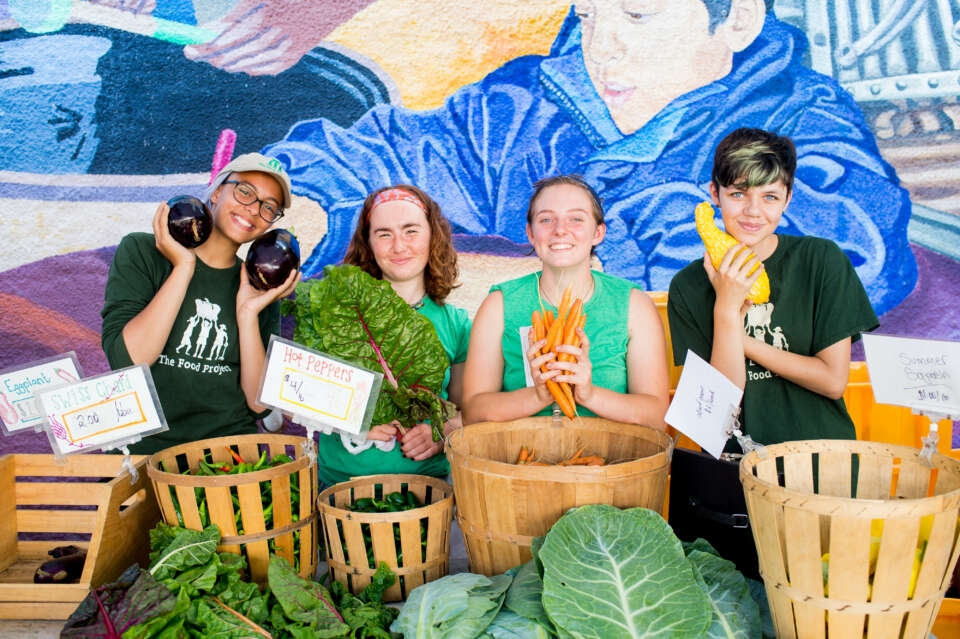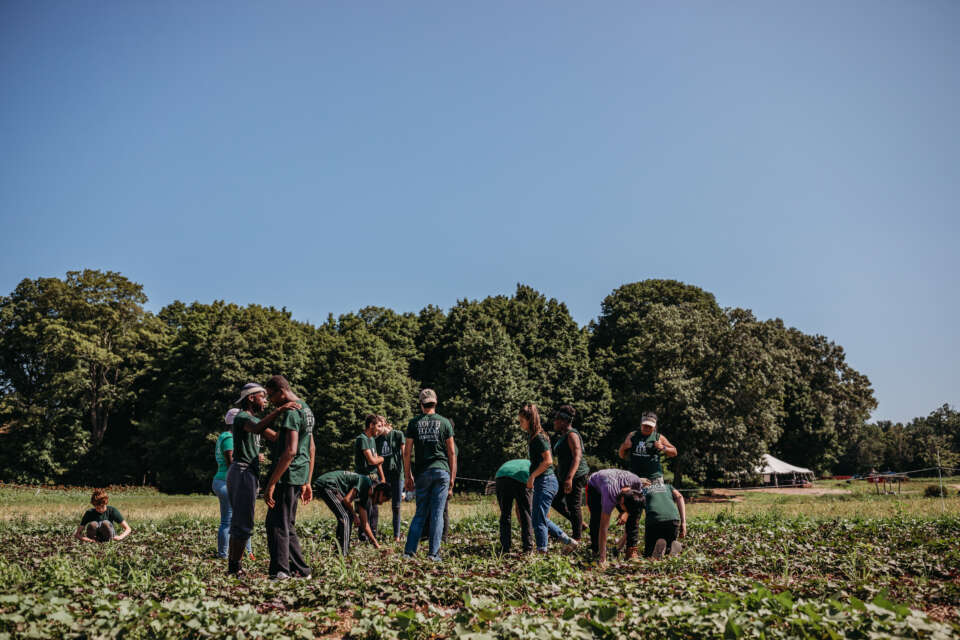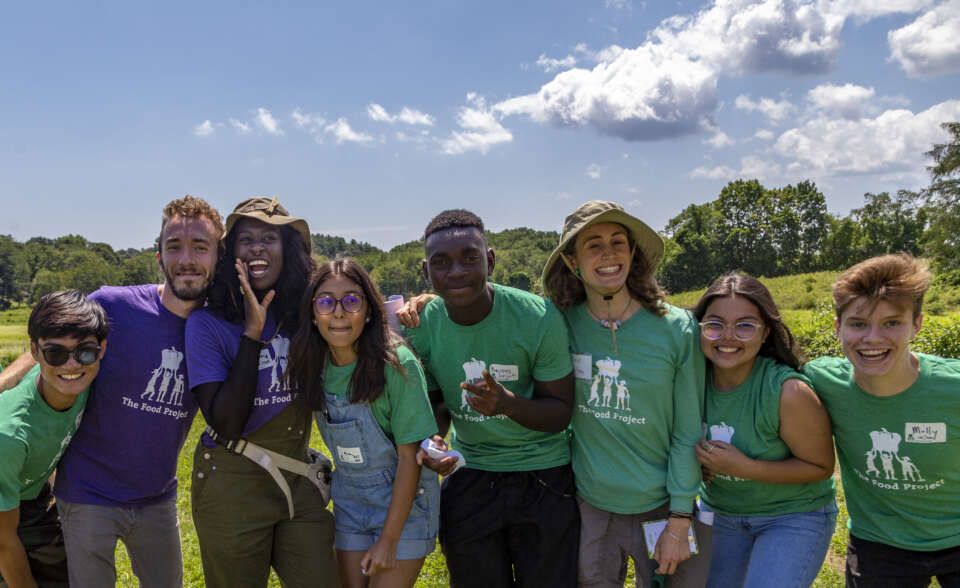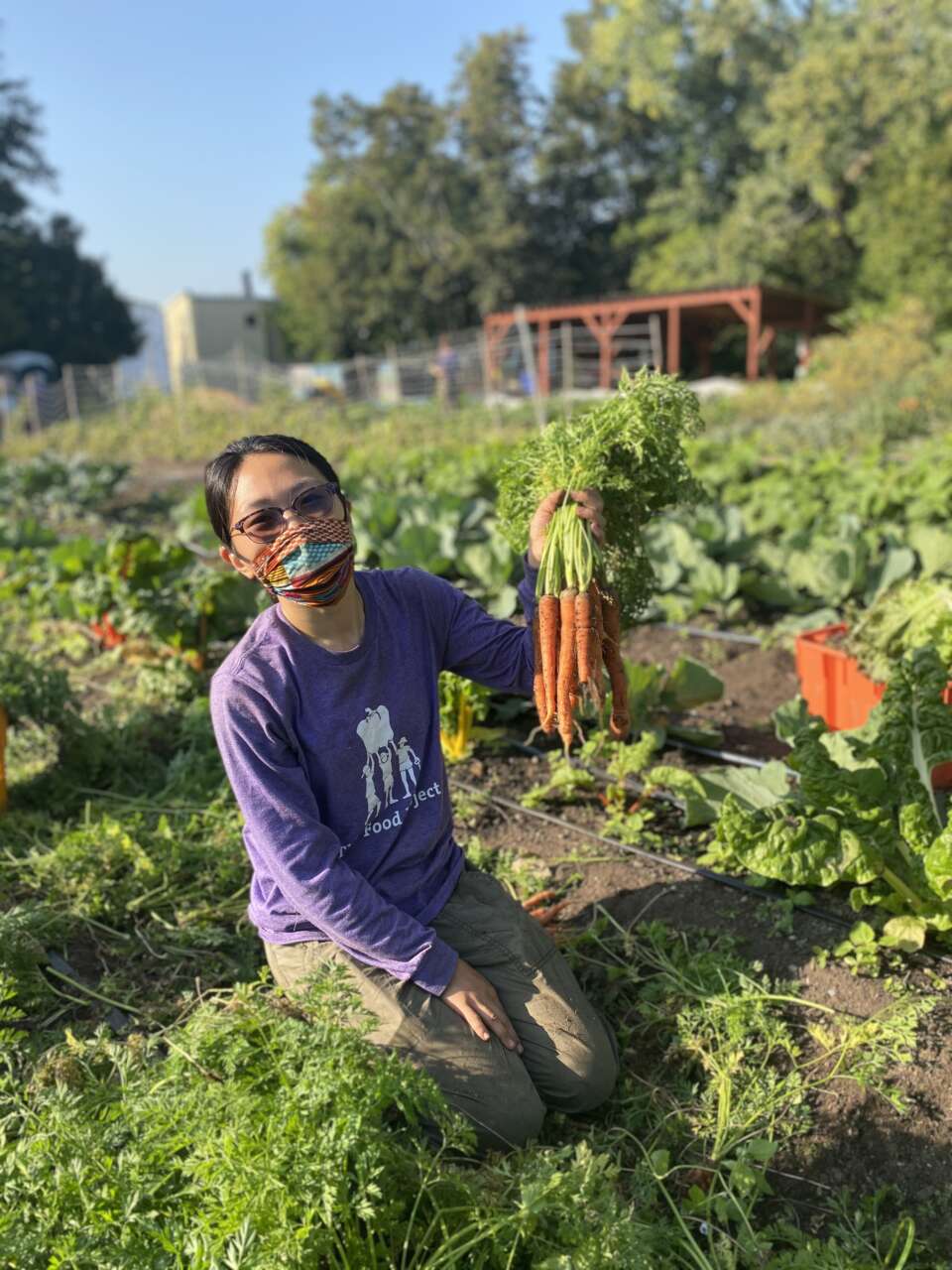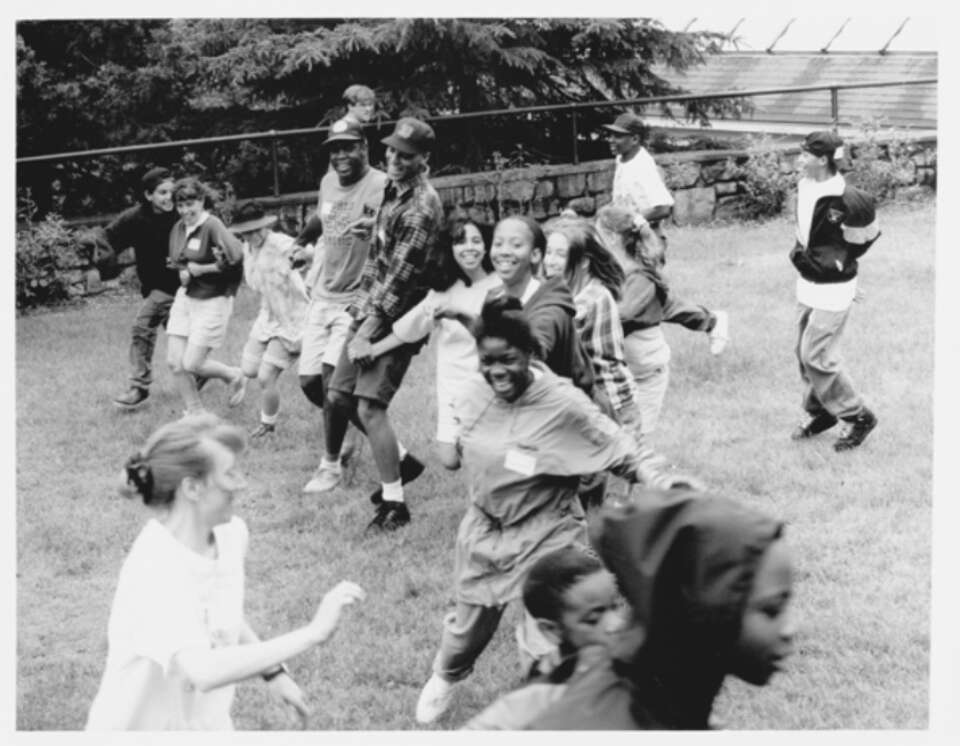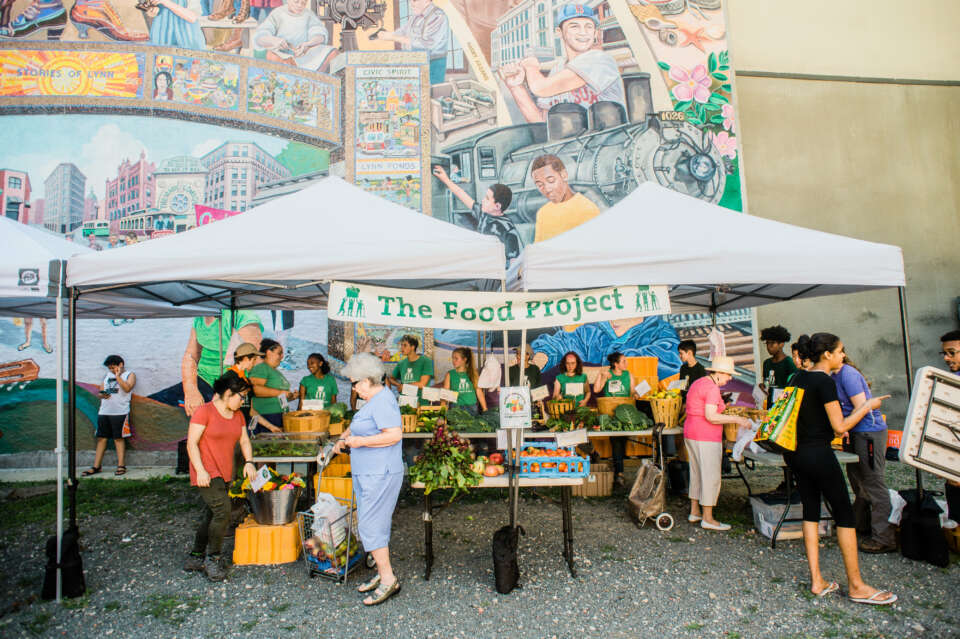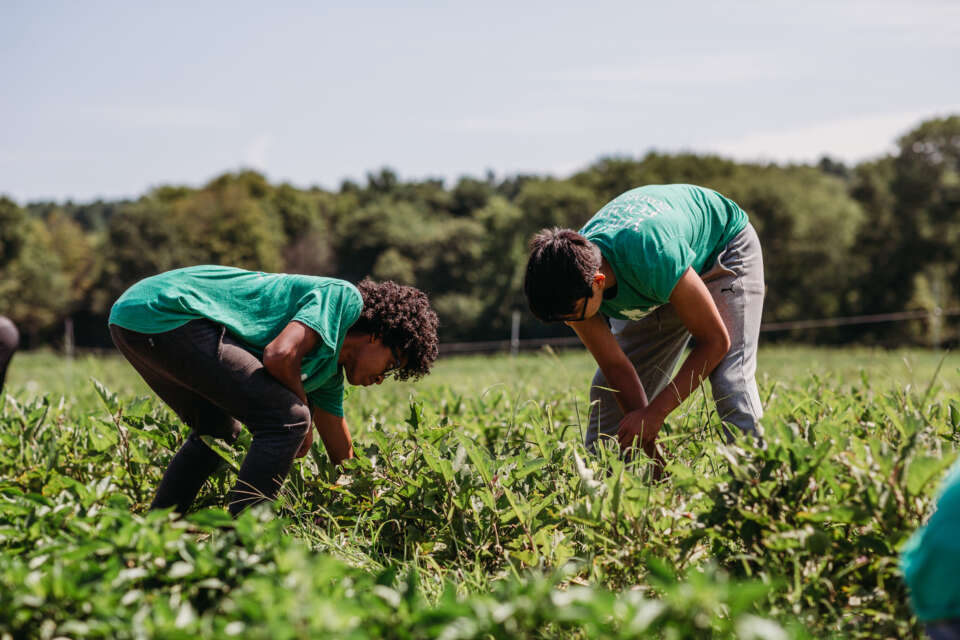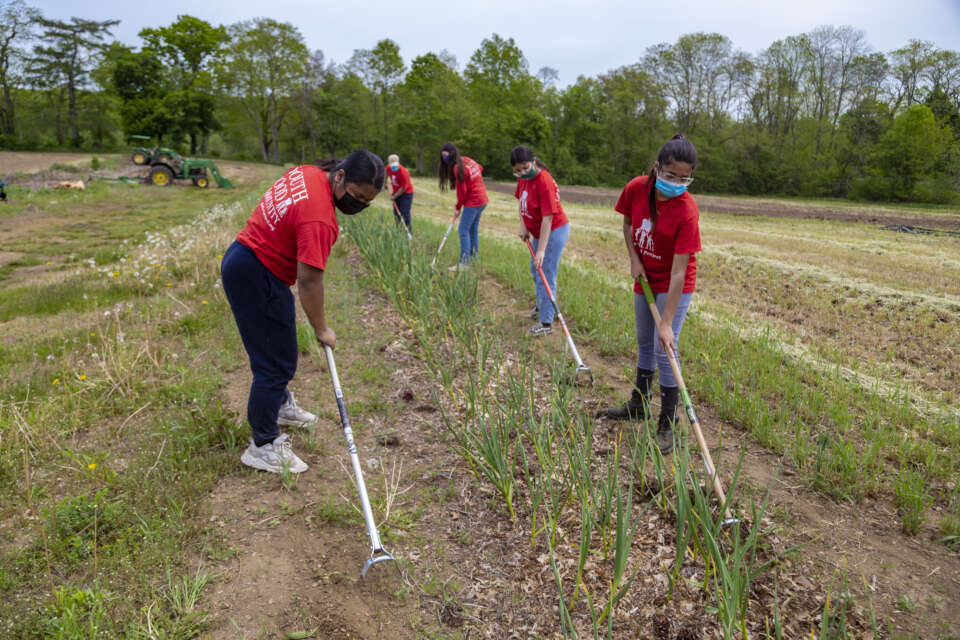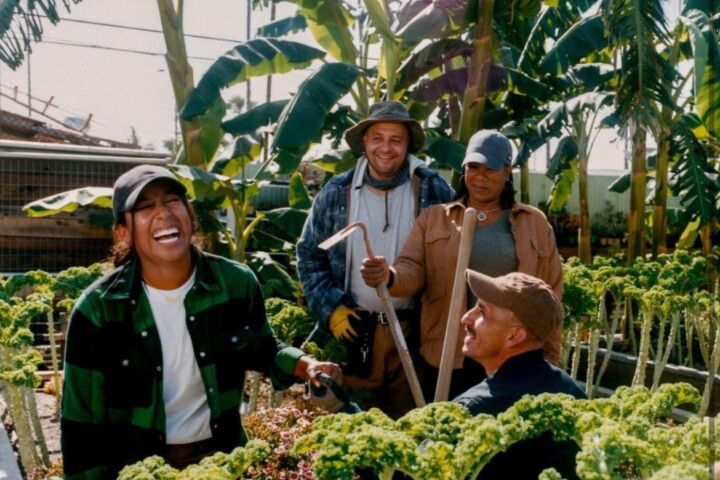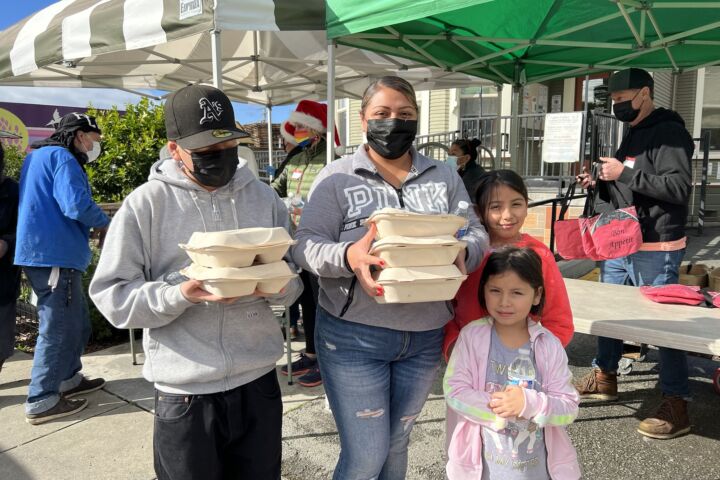SUPPORTING FOOD SECURITY
Our goal is to transform the food system into a more just, community-engaged model that supports food security for all while connecting diverse communities to each other and to the land.
In support of the right to buy food, we grow food on our farms and sell it at low cost through subsidized neighborhood farmers’ markets. Knowing that affordability is a challenge in our neighborhoods, we focus on building models for selling fresh food that work for both farmers and low-income customers.
In support of the right of our neighbors to grow their own food, we install raised-bed gardens for home growers, community gardens, and schools, and we provide resources and technical support to support a thriving community of growers, from the newest beginners to the experts.

 ChangeMaker Login
ChangeMaker Login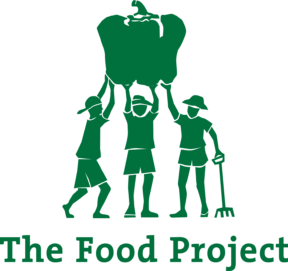
 Share
Share
